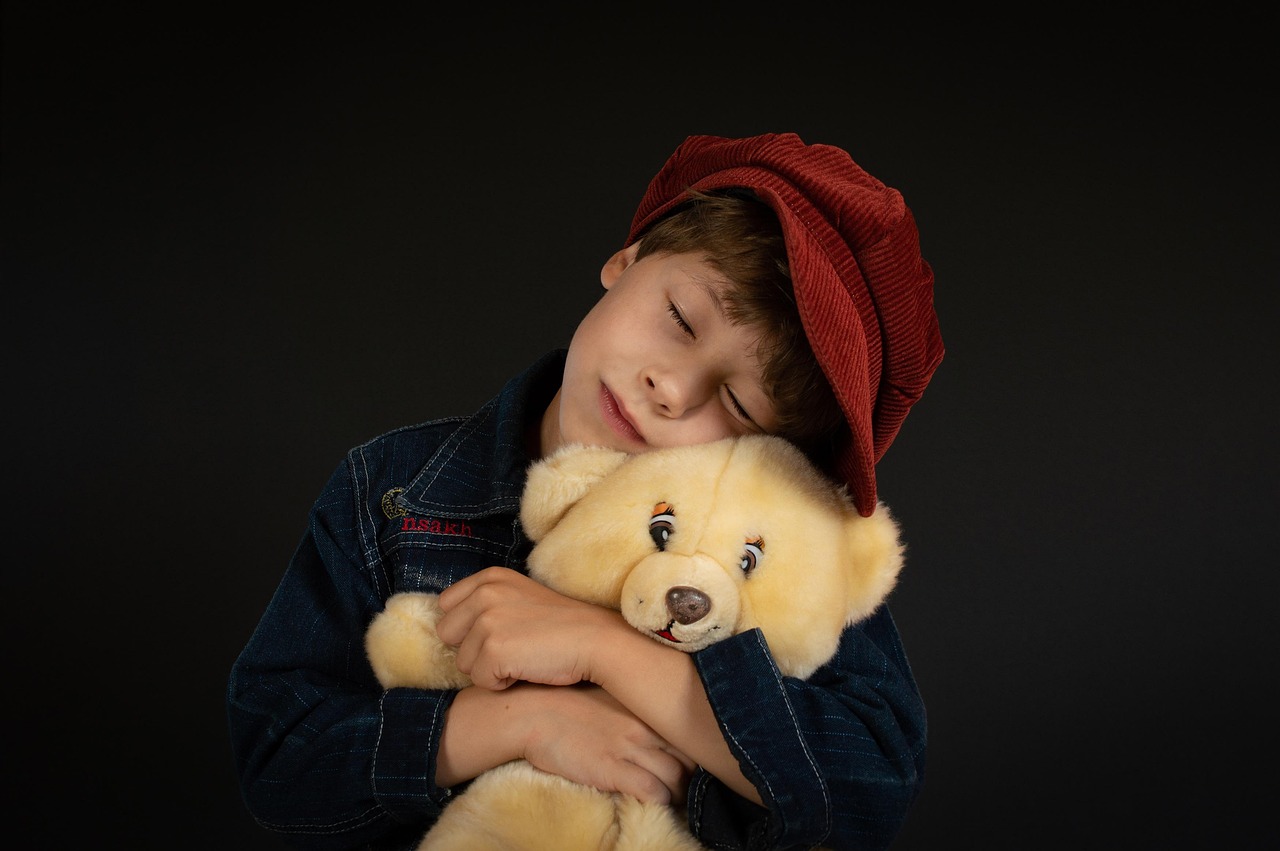That unwavering confidant, the shoulder to cry on, the partner in crime – the best friend bond is a cornerstone of a fulfilling life. It’s more than just shared interests; it’s a deep connection built on trust, understanding, and mutual respect. This enduring relationship provides invaluable support, laughter, and a sense of belonging that enriches our lives in countless ways.
The Essence of a Best Friend Bond
Defining Characteristics
The best friend bond isn’t merely a friendship; it’s a relationship characterized by specific qualities that set it apart. It goes beyond casual acquaintance to a deeper, more meaningful connection.
- Unconditional Acceptance: You can be your authentic self without fear of judgment.
- Unwavering Support: They’re there for you during both celebrations and hardships.
- Honest Communication: You can share your thoughts and feelings openly, even the difficult ones.
- Mutual Respect: You value each other’s opinions and boundaries.
- Shared History & Inside Jokes: A collection of memories and experiences that only you two understand.
For example, imagine going through a tough career change. A regular friend might offer generic advice, but a best friend digs deeper, offering practical support, helping you update your resume, and reminding you of your strengths. They are invested in your well-being.
The Science Behind Friendship
Research has shown that strong friendships have tangible benefits for both physical and mental health. Studies have linked close friendships to:
- Reduced Stress Levels: Social support acts as a buffer against stress.
- Improved Cardiovascular Health: Studies suggest a link between strong social connections and a lower risk of heart disease.
- Increased Longevity: People with strong social networks tend to live longer.
- Boosted Immune System: Social interaction can positively influence immune function.
- Enhanced Mental Well-being: Feelings of belonging and support combat loneliness and depression.
The hormone oxytocin, often called the “love hormone,” is released during positive social interactions, promoting feelings of bonding and connection.
Cultivating a Strong Best Friend Bond
Prioritizing Quality Time
Life gets busy, but making time for your best friend is crucial. It’s not just about quantity of time, but the quality of those interactions.
- Schedule Regular Dates: Pencil in coffee dates, movie nights, or even just phone calls.
- Be Present: Put away distractions and truly listen when you’re together.
- Plan Activities You Both Enjoy: Shared experiences strengthen your bond.
Instead of simply texting back and forth, plan a weekend getaway or a monthly brunch. These dedicated times show your friend that you value their presence in your life.
Practicing Active Listening and Empathy
Being a good listener is essential for any strong relationship. Active listening means paying attention not only to what your friend is saying but also to their nonverbal cues.
- Pay Attention: Focus fully on what they’re saying without interrupting.
- Show Empathy: Try to understand their perspective and feelings.
- Ask Clarifying Questions: Ensure you understand their message correctly.
- Offer Support: Let them know you’re there for them.
For instance, if your best friend is struggling with a personal problem, avoid immediately offering solutions. Instead, validate their feelings by saying something like, “That sounds really difficult. I can only imagine how frustrating that must be.”
Navigating Challenges and Conflicts
Addressing Issues Directly and Respectfully
Even the strongest friendships can face challenges. The key is to address issues head-on with honesty and respect.
- Choose the Right Time and Place: Find a calm and private setting to discuss the issue.
- Use “I” Statements: Focus on how the situation makes you feel, rather than blaming your friend.
- Listen to Their Perspective: Allow them to share their side of the story without interruption.
- Find a Compromise: Be willing to meet halfway to resolve the conflict.
Instead of saying “You always do this,” try saying “I feel hurt when this happens because…” This approach fosters a more constructive conversation.
Forgiveness and Moving Forward
Forgiveness is crucial for maintaining a long-lasting friendship. Holding onto grudges can erode trust and create distance.
- Acknowledge Their Apology: Accept their apology if they are genuinely remorseful.
- Let Go of the Past: Don’t dwell on past mistakes.
- Focus on the Future: Concentrate on building a stronger relationship moving forward.
- Remember the Good Times: Recall the positive aspects of your friendship.
After a disagreement, make an effort to reconnect and do something enjoyable together. This can help you both move past the conflict and reaffirm your bond.
The Long-Term Benefits of a Best Friend
Unwavering Support System
Having a best friend means having someone who’s always in your corner, no matter what. This support system provides a sense of security and belonging.
- Emotional Support: Someone to lean on during difficult times.
- Practical Assistance: Help with tasks or errands when needed.
- Motivation and Encouragement: Someone to push you to achieve your goals.
- Objective Advice: A trusted perspective to help you make sound decisions.
Imagine facing a major health scare. Your best friend can provide emotional support, accompany you to appointments, and help manage day-to-day tasks.
Shared Growth and Evolution
A best friend grows with you, supporting your personal development and celebrating your achievements.
- Accountability Partner: Someone to help you stay on track with your goals.
- Positive Influence: Exposure to new perspectives and experiences.
- Shared Milestones: Celebrating life’s major moments together.
- Mutual Learning: Growing and evolving alongside each other.
Over the years, a best friend can help you navigate career changes, relationships, and personal growth, offering support and guidance along the way.
Conclusion
The best friend bond is a precious gift. Cultivating and nurturing these relationships requires effort, communication, and a willingness to forgive. But the rewards – unwavering support, shared joy, and a sense of belonging – are immeasurable. Investing in your best friend bond is an investment in your own well-being and happiness. Cherish these connections, for they are the threads that weave together a rich and fulfilling life.




